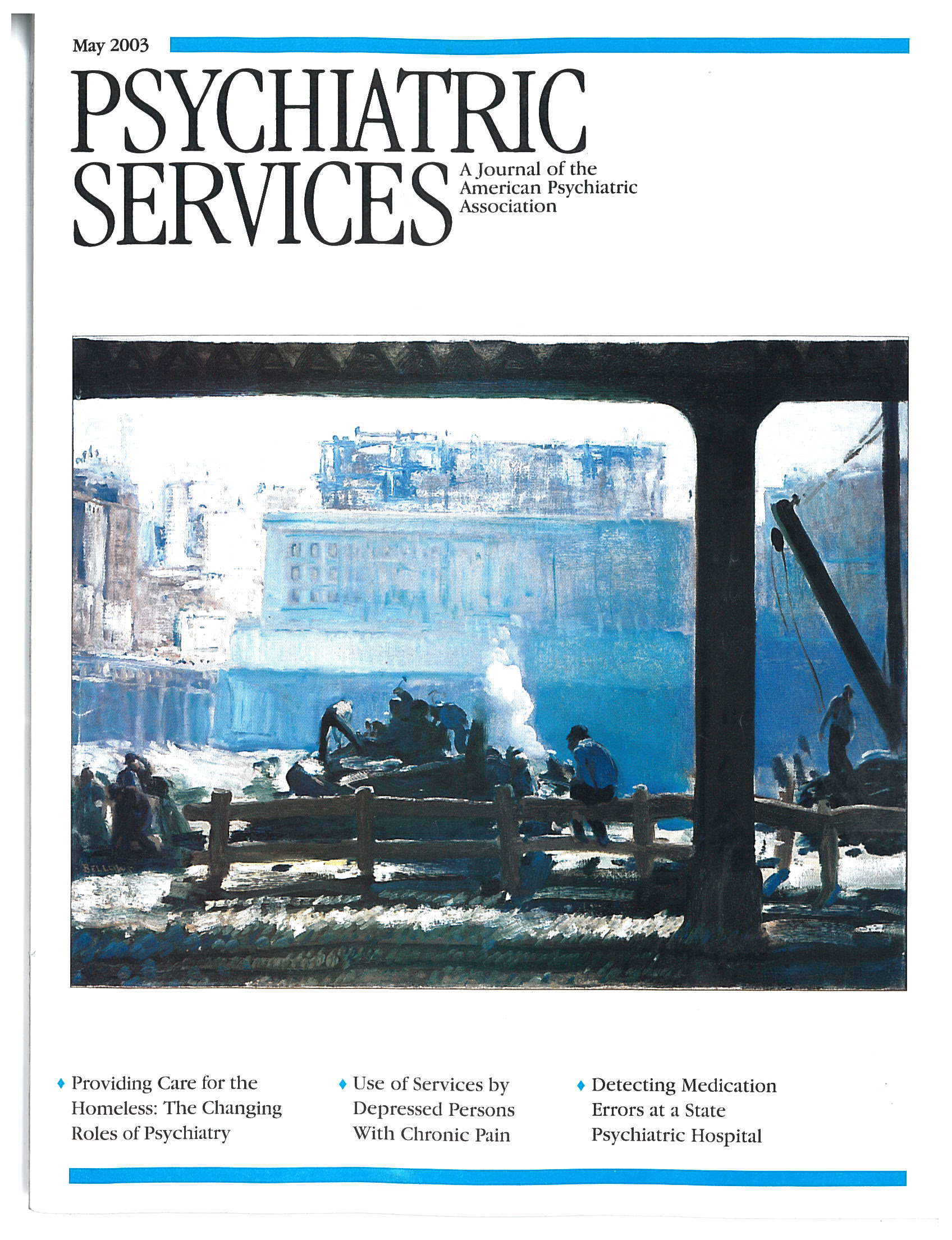Aligning Incentives in the Treatment of Depression in Primary Care With Evidence-Based Practice
Abstract
Deficits in the quality of treatment of depression in the primary care sector have been documented in multiple studies. Several clinical models for improving primary care treatment of depression have been shown to be cost-effective in recent years but have not proved to be sustainable over time, partly because of barriers created by common organizational and financing arrangements such as managed behavioral health care carve-outs and risk-based provider payment mechanisms. These arrangements, which often distort relative costs that primary care physicians face when making treatment decisions for patients who have depression, can steer these decisions away from evidence-based practice. Various changes, such as in contractual relationships, payment methods for primary care physicians, and performance measurement, can be made in existing institutional arrangements to better align them with emerging clinical technologies and evidence-based practice.



